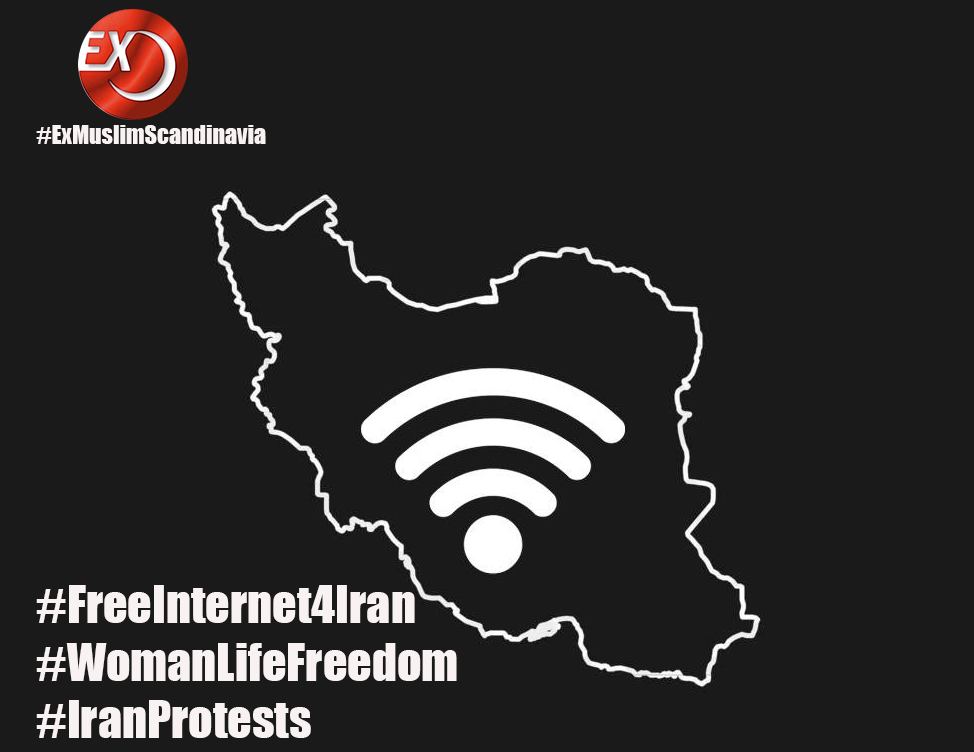Manifest for Freedom of the Internet
1. Universal Access: Every individual should have the right to access the Internet without any discrimination, regardless of their geographical location, socioeconomic status, race, gender, or any other factors.
2. Net Neutrality: Internet Service Providers (ISPs) should treat all online data equally, without any discrimination or preference for specific websites, applications, or content. Net neutrality ensures that every user has equal access to information and services, fostering innovation, competition, and freedom of expression.
3. Privacy Protection: The privacy of individuals must be respected and safeguarded online. Users should have control over their personal data, and companies should collect, store, and process user information transparently, with explicit consent and clear privacy policies.
4. Freedom of Expression: The Internet should provide a platform for free expression and open dialogue. Individuals should be able to voice their opinions, share information, and engage in peaceful discussions without fear of censorship, surveillance, or persecution.
5. Security and Encryption: Strong encryption should be promoted and protected, ensuring the confidentiality and integrity of online communications. Governments and other entities should not be allowed to weaken encryption or engage in mass surveillance.
6. Digital Literacy: Efforts should be made to promote digital literacy and ensure that individuals have the necessary skills to navigate the online world safely, critically evaluate information, and protect themselves from misinformation, cyber threats, and online harassment.
7. Freedom from Online Harassment: Everyone should have the right to a safe and inclusive online environment. Measures should be taken to prevent and address online harassment, hate speech, and cyberbullying, while balancing the need to protect freedom of expression.
8. Open and Interoperable Standards: Internet protocols and standards should be open, transparent, and interoperable, enabling innovation, competition, and collaboration. Closed ecosystems and proprietary technologies should be discouraged to ensure a free and open Internet.
9. Access to Knowledge and Culture: The Internet should be a repository of human knowledge and cultural heritage, freely accessible to all. Efforts should be made to bridge the digital divide and promote the availability of educational resources, creative works, and information across the globe.
10. Global Cooperation: International collaboration and multistakeholder engagement are essential for shaping Internet governance policies that uphold the principles of freedom, openness, and inclusivity. Governments, civil society, the private sector, and Internet users should work together to protect and promote the freedom of the Internet.
This manifesto serves as a guiding framework for ensuring the freedom of the Internet, empowering individuals, fostering innovation, and upholding fundamental human rights in the digital age.
Internet Freedom in Iran: Filtering and censorship:
The Iranian government maintains strict control over internet access and filters content it deems inappropriate or against its policies. This includes blocking or restricting access to social media platforms, news websites, political blogs, and other sites that are critical of the government or promote ideas contrary to the government’s ideology.
Social media restrictions: Platforms like Facebook, Twitter, and YouTube are often blocked or heavily restricted in Iran. The government has also developed its own domestic social media platforms, such as Soroush and Telegram, which are subject to government monitoring.VPN and circumvention tools: Iranians often use virtual private networks (VPNs) and other circumvention tools to bypass internet censorship and access blocked websites. However, the government has been actively cracking down on VPN usage and has implemented measures to identify and block VPN services.Surveillance and monitoring: The Iranian government employs extensive surveillance and monitoring mechanisms to monitor online activities of its citizens. This includes monitoring social media platforms, email communications, and other forms of online communication. Users can face repercussions for expressing dissenting opinions or sharing content deemed objectionable by the government.
What is our goal:
Here at the CCES, we would like to provide a safe and easy to access VPN for all Iranians, specially the young, revolutionary Ex Muslims and Atheists, who seek more information about atheism and the activities like us do. We will therefore, update our telegram channel about the VPN instruction (The information will be in Persian), so in case you need to have a safe and secure VPN, please check our telegram channel through:
Project manager:
Kamyab (Ali Beygi)
Sponsor:
Central Committee of Ex Muslims in Scandinavian
July 2023

